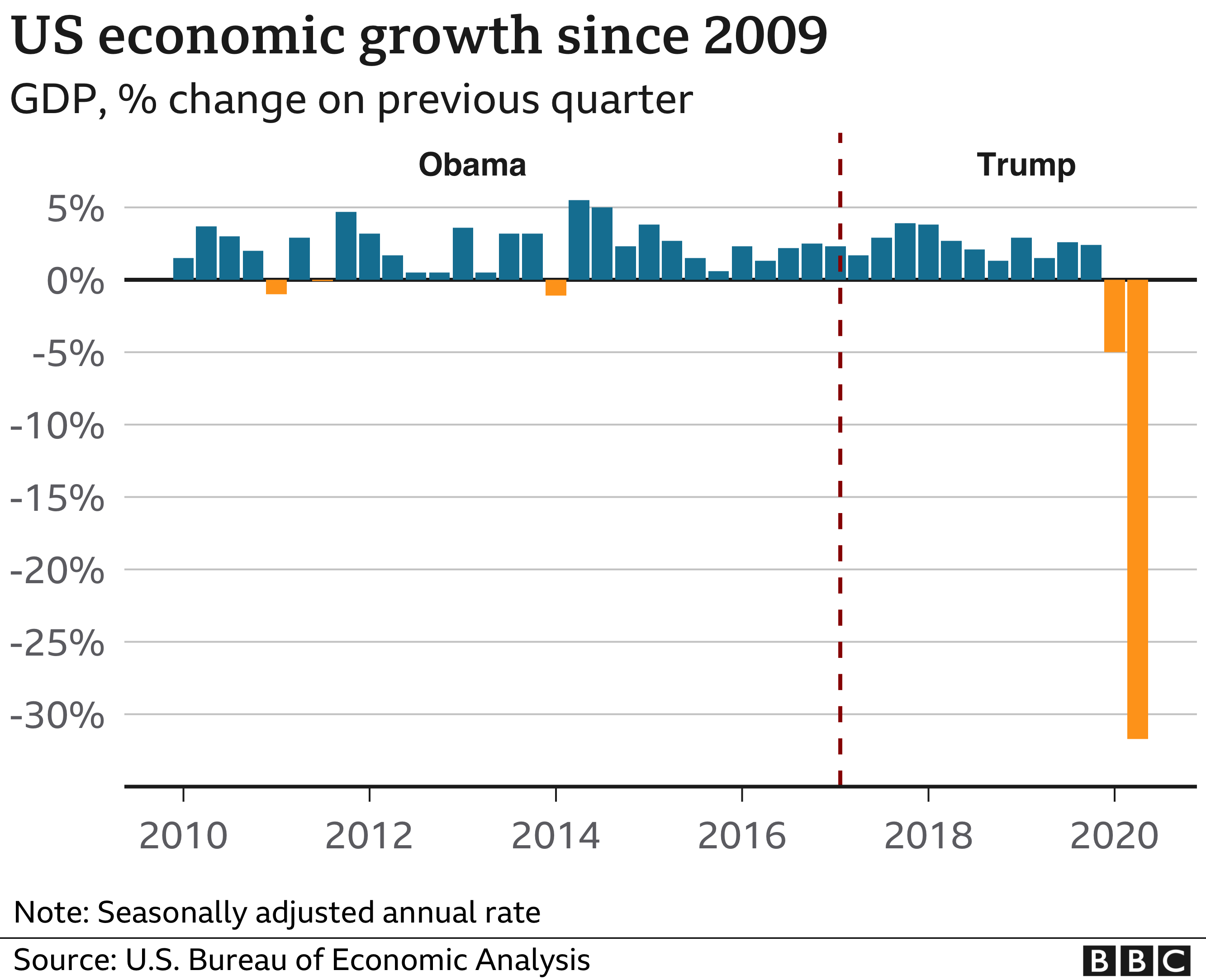Navigating Georgia's Hemp Laws: Current Legal Products And Regulations

Table of Contents
Legality of Hemp in Georgia
Georgia's stance on hemp is defined by its adherence to the 2018 Farm Bill, which federally legalized hemp containing no more than 0.3% Delta-9 tetrahydrocannabinol (THC) by dry weight. This legal definition is key to understanding the legality of hemp in the state. Georgia has embraced this federal legislation, creating a legal framework for hemp cultivation, processing, and sale within these specific parameters. The legal status of hemp in Georgia is therefore largely dependent on its THC content.
- Impact of the 2018 Farm Bill: The 2018 Farm Bill significantly impacted Georgia's hemp laws, removing hemp from the Controlled Substances Act and paving the way for its legal cultivation and commercialization.
- Current THC Limits: Hemp products sold in Georgia must contain no more than 0.3% Delta-9 THC by dry weight. Products exceeding this limit fall under the legal definition of marijuana and are illegal.
- Cultivation Permits and Licenses: Georgia requires licenses and permits for hemp cultivation. These are managed through the Georgia Department of Agriculture, ensuring compliance with state regulations and traceability throughout the supply chain. Specific requirements and application procedures are available on the Department's website.
- Penalties for Violations: Violating Georgia's hemp laws can result in significant penalties, including fines and potential criminal charges depending on the severity of the offense.
Types of Legal Hemp Products in Georgia
A wide range of hemp-derived products are legally available for sale in Georgia, provided they meet the 0.3% THC threshold. Consumers can find a variety of options catering to different needs and preferences.
- CBD Oil and Tinctures: These are among the most popular hemp-derived products, offering a convenient way to consume CBD.
- Hemp-Derived Edibles: Many stores sell CBD gummies, chocolates, and other edibles containing hemp extracts.
- Topical Creams and Lotions: CBD-infused topical products are used for their potential skin benefits and are widely available.
- Hemp Seeds and Seed Oil: Hemp seeds are a nutritious food source, rich in protein and healthy fats, and the oil is used in cooking and cosmetics.
- Hemp Clothing and Textiles: While not directly related to CBD, hemp fibers are used in the production of durable and eco-friendly clothing and textiles.
Regulations Governing Hemp Production and Sale in Georgia
Georgia's hemp industry is subject to a robust regulatory framework, ensuring product safety and compliance. This involves regulations covering every stage of the hemp supply chain, from cultivation to retail sales.
- Licensing for Hemp Farmers and Processors: Both hemp cultivators and processors must obtain licenses from the Georgia Department of Agriculture, demonstrating compliance with Good Agricultural and Collection Practices (GACP).
- Testing Requirements: Strict testing is mandatory to verify THC content and screen for other contaminants. Independent third-party labs conduct these tests, ensuring accuracy and transparency.
- Labeling Regulations: All hemp products must be accurately labeled, including the THC content, ingredients, and any relevant warnings. Misleading labeling is strictly prohibited.
- Regulations Regarding Sales: Georgia may have age restrictions on the sale of certain hemp products, similar to those for tobacco. Retailers must comply with all applicable sales regulations and display necessary point-of-sale information.
- Role of the Georgia Department of Agriculture: The Georgia Department of Agriculture plays a central role in overseeing and enforcing all aspects of hemp regulation within the state.
Understanding CBD vs. Marijuana in Georgia
It's crucial to understand the distinction between hemp-derived CBD and marijuana. This difference is primarily determined by THC content.
- THC Content as the Key Differentiator: Hemp-derived CBD products contain less than 0.3% THC, while marijuana contains significantly higher levels of THC.
- Legal Implications: Possession and consumption of marijuana are illegal in Georgia, subject to criminal penalties. Conversely, hemp-derived CBD products containing less than 0.3% THC are legal.
- Clarification: CBD derived from hemp is legal in Georgia, provided it meets the legal THC limits. Marijuana, however, remains a controlled substance.
Conclusion
Navigating Georgia's hemp laws requires understanding the specific legal definition of hemp (0.3% THC or less), the types of legal hemp products available, the regulations governing their production and sale, and the crucial difference between hemp-derived CBD and marijuana. By adhering to these guidelines and purchasing from reputable sources, consumers and businesses can confidently participate in Georgia's growing hemp market. Stay informed about changes in Georgia's hemp laws and navigate the market confidently. Learn more about navigating Georgia's hemp laws by [link to relevant resource].

Featured Posts
-
 Dylan Efron Rescues Two Women From Drowning In Miami
May 27, 2025
Dylan Efron Rescues Two Women From Drowning In Miami
May 27, 2025 -
 Ghost Season 4 Finale Free Streaming Options And Legal Ways To Watch
May 27, 2025
Ghost Season 4 Finale Free Streaming Options And Legal Ways To Watch
May 27, 2025 -
 The Gops Legislative Priorities During Trumps Presidency A Comprehensive Overview
May 27, 2025
The Gops Legislative Priorities During Trumps Presidency A Comprehensive Overview
May 27, 2025 -
 Analiz Viyskovoyi Dopomogi Ukrayini Vid Nimechchini Onovleniy Spisok Zbroyi
May 27, 2025
Analiz Viyskovoyi Dopomogi Ukrayini Vid Nimechchini Onovleniy Spisok Zbroyi
May 27, 2025 -
 Ozbroyennya Dlya Ukrayini Vid Nimechchini Onovlennya Spisku Viyskovoyi Dopomogi
May 27, 2025
Ozbroyennya Dlya Ukrayini Vid Nimechchini Onovlennya Spisku Viyskovoyi Dopomogi
May 27, 2025
